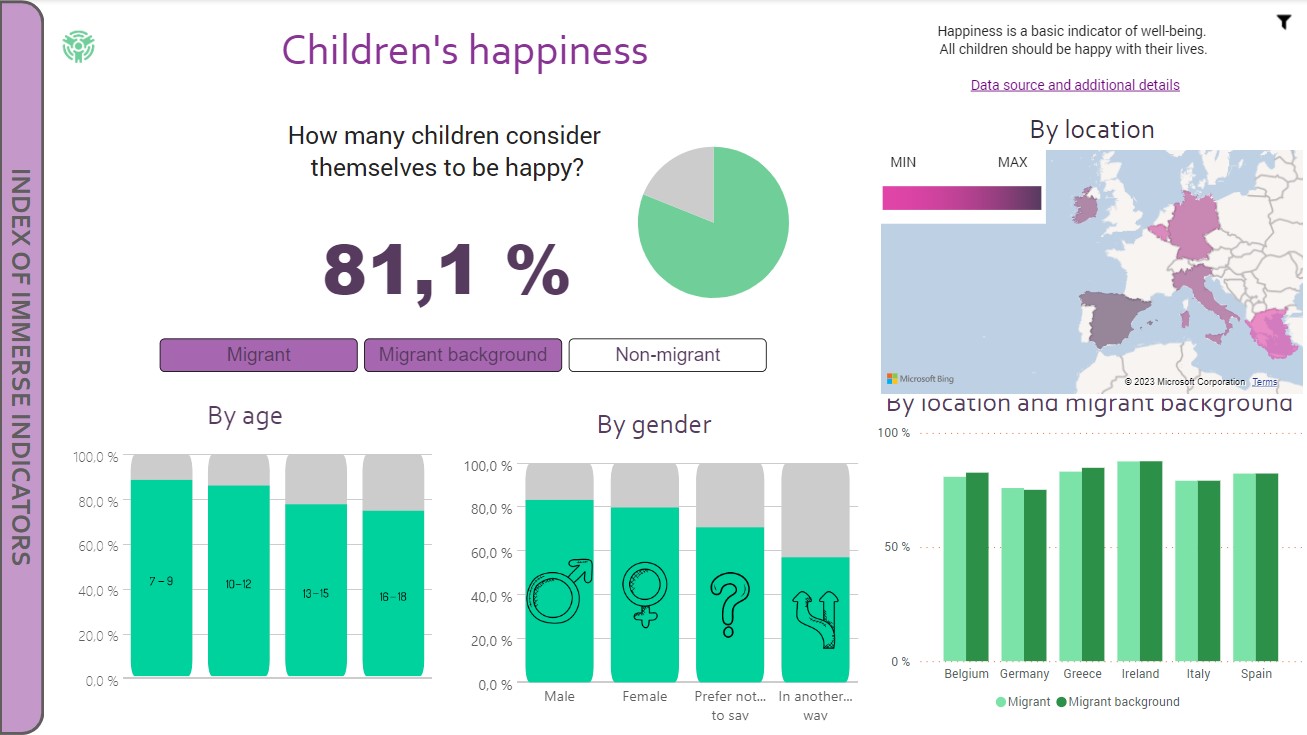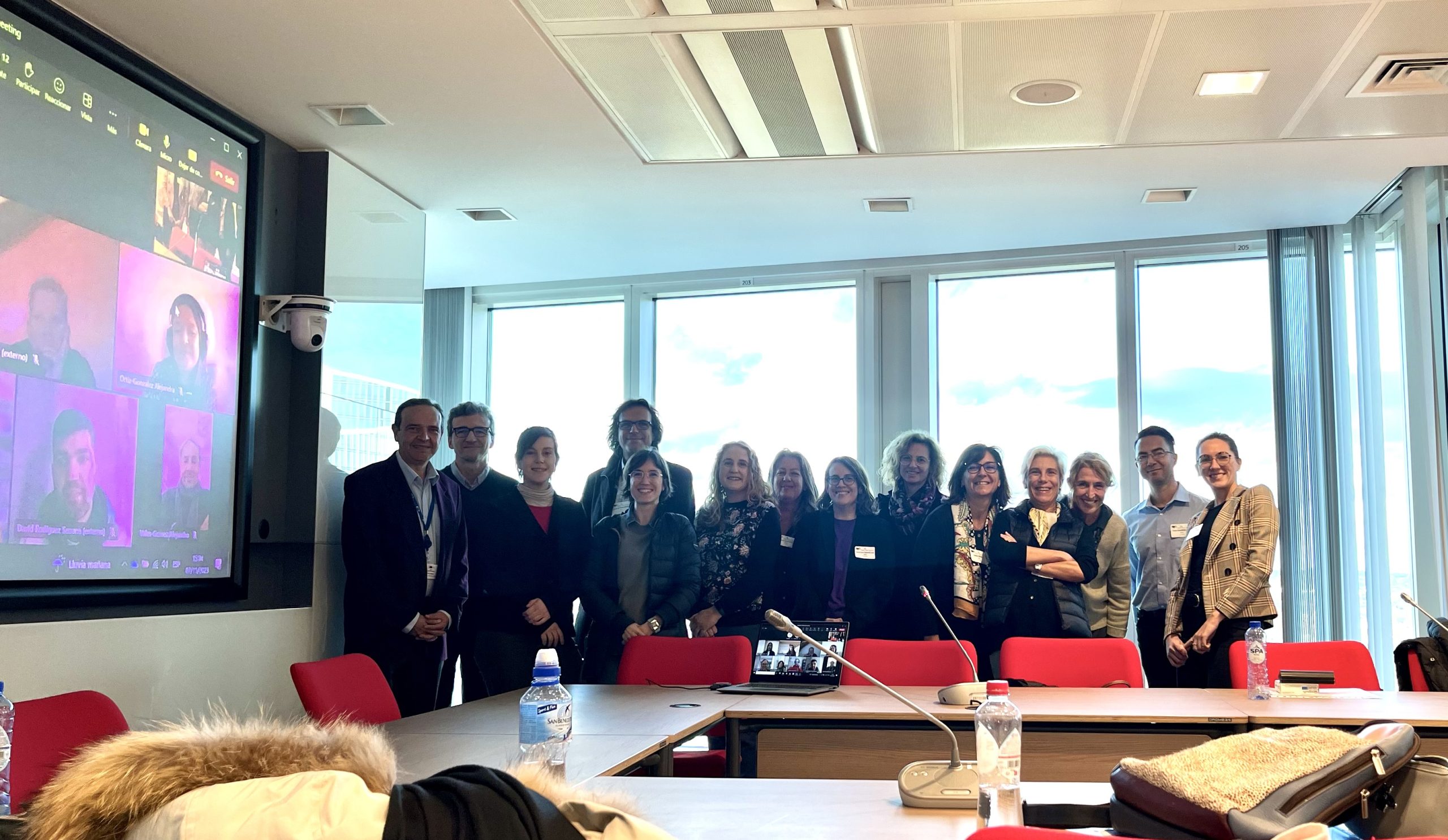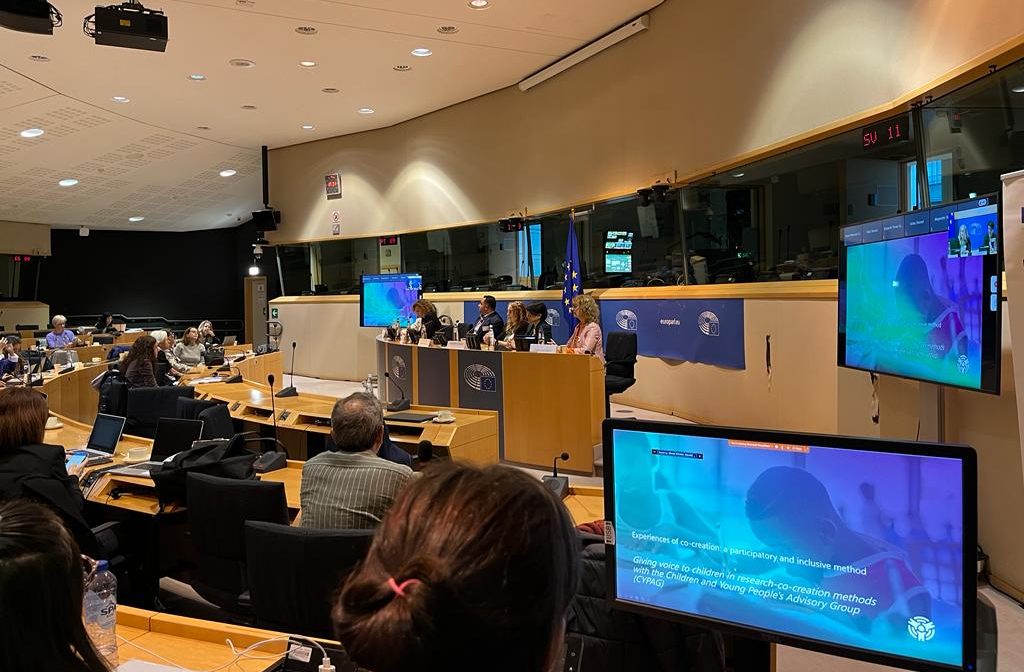Description
This Intercultural Education Strategy ("IES") aims to ensure that: all students experience an education that "respects the diversity of values, beliefs, languages and traditions in Irish society and is conducted in a spirit of partnership" (Education Act, 1998). All education providers are assisted with ensuring that inclusion and integration within an intercultural learning environment become the norm.The IES was developed in recognition of the recent significant demographic changes in Irish society, which are reflected in the education system. The Strategy builds on existing work in this area and seeks to be of relevance for all sectors of education, in line with the high level goal of the Department of Education and Skills ("DES") to "support and improve the quality, relevance and inclusiveness of education for every learner in our schools".
- Access to compulsory education
- Children complete compulsory education
- Children maintain their cultural identity while adopting new cultural values and intercultural competences
- Children remain in (formal) education beyond compulsory levels / Access to (formal) non-compulsory education
- Children's academic skills
- Children's competence in host language
- Children's sense of belonging
- Institutions
- Teachers



